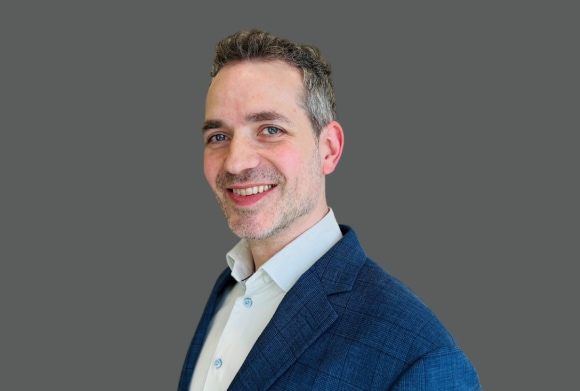Meet the experts
Paul Donovan: Humans desire food, smartphones – and a sustainable future
The UBS veteran economist discusses how diversity, equity, and inclusion (DEI) forms a crucial part of a sustainable future, how flexible working plays a rising role in DEI, and why the world’s Generation Z offer hope for the future.








